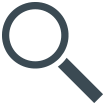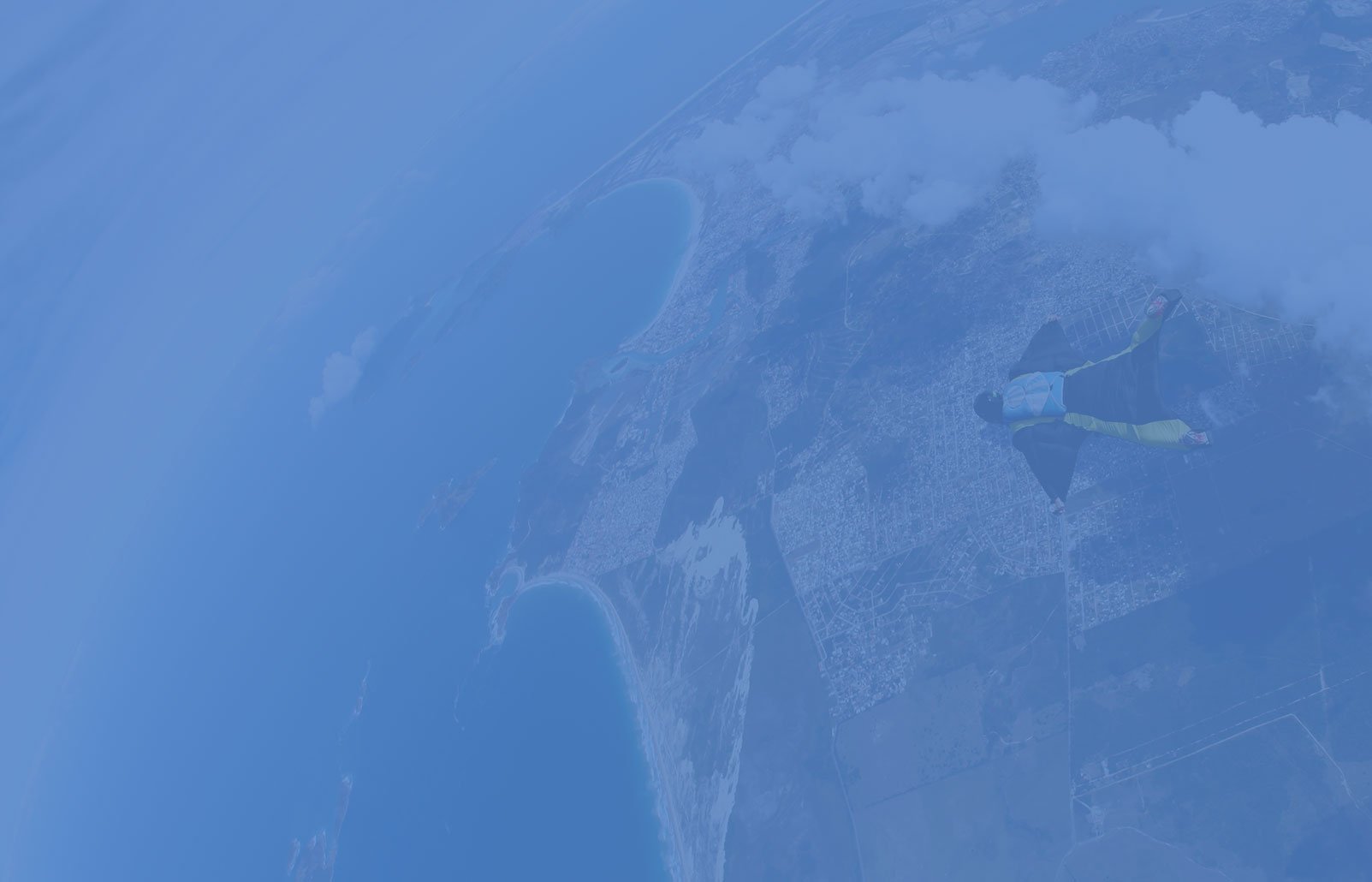You’re lying awake at 2:30 a.m., knowing that in just six hours, you will stand in front of a corporate SVP and her team, making a presentation to the biggest customer prospect in the history of your company. So much is on the line here, but it’s not performance anxiety that is preventing you from sleeping like a baby in that vastly oversized king bed in that vastly overpriced airport hotel. It’s simply jetlag.
In the course of running a tech PR agency with clients from all over the world, I travel quite frequently and often across many time zones. I never have enough time to build in a down day, either going away or coming home, in order to readjust my internal clock to the local time.
Our bodies are exceedingly persistent at keeping track of time. So over the years, purely out of necessity, I’ve developed some very specific strategies for coping with what doctors call a disruption to our circadian temporal organization. During jet lag, a precipitous shift in our sleep–wake cycle disrupts our body clocks, and our internal clock network loses synchrony with the external environment causing “temporary circadian desynchronization.”
Put more simply, jet lag occurs because your body's clock is still synced to your original time zone, instead of to the time zone where you've traveled. Symptoms are likely to be worse or last longer the more time zones that you've crossed, especially if you travel in an easterly direction. The Mayo Clinic says that while “Jet lag can occur anytime you cross two or more time zones…it usually takes about a day to recover for each time zone crossed.”
Jet lag most often causes crippling daytime fatigue, an icky unwell feeling, difficulty staying alert and even gastrointestinal problems. Jet lag is temporary, but that “under water” general feeling of not being quite right can significantly reduce your vacation or business travel comfort and performance.
The bottom-line result of widespread and relatively complex scientific research is that the timing of both light and the hormone melatonin are key inputs to our central circadian regulatory system. I’ve augmented this knowledge, developing a pretty specific set of behaviors, and the honest truth is, I’ve made myself immune to jet lag. I’ll share with you below all the steps that I personally take when traveling overseas.
- Always take non-stop flights so you get a long enough stretch of time on the plane. For example, I fly El Al's 10-hour non-stops from Boston to Israel, leaving plenty of time to get in a truly decent amount of sleep.
- Always take an overnight flight. I leave Boston at 9 p.m. to arrive in the early afternoon, and coming back I leave Tel Aviv at 12:50 a.m. to arrive in Boston around 5:30 a.m.).
- Wear super comfortable clothes. Most do this anyway these days, but if you’re going to get some genuine sleep, you mustn’t wear anything that causes you the slightest discomfort.
- Get a window seat so no one ever has to wake you up. It’s maddening to fall asleep in flight only to be awakened by your seatmate who has to pee for the fourth time.
- Helpful stuff needed for sleeping well on a plane:
- Full wrap around memory foam neck pillow (g., Travelrest Nest)
- Inflatable seat cushion (e.g. Luxe)
- Top-of-the-line eye mask (e.g., NapForm)
- Highest db-reduction rated earplugs (e.g., Mack’s)
- Highest db-reduction rated earmuffs (e.g., Fnova)
- When you get on board, inflate your seat cushion, but adjust it so it’s quite soft, just enough to keep your butt off the airplane seat.
- Keep yourself awake until drinks and dinner are served.
- When the drink cart comes, get a regular drink (I prefer OJ) and a glass of wine.
- With the wine, take one regular Dramamine, one Benadryl, and a 3gm of melatonin (the naturally occurring hormone that regulates our sleep-wake cycles – supplements are not recommended for anyone with liver problems).
- If you can, order a special meal – these always come out first, well before the general meal distribution. This gives you sometimes a full hour of extra sleep time.
- When you’ve finished eating, prepare to go right to sleep (leave the tray on your table – they’ll pick it up).
- Wrap up in the blanket provided on your flight (I don’t find much use for the airplane pillows).
- Put your earplugs in, neck pillow on, eye mask on, then earmuffs – you’ve essentially created a sensory deprived environment so no strange noises or lights (and that’s all there is on planes!) get a chance to disturb your sleep.
- Wake up to the smell of breakfast being served.
- Bring extra strength eyedrops (e.g., Systane Balance) to combat the effects of sleeping in dry air. You’ll thank me for this one when you wake up and feel like you have sandpaper under your eyelids.
- Maybe snooze a bit more between breakfast and landing. Again, with the special meal, you will be served breakfast before other passengers, so make good use of the extra time you’ve created.
- When you arrive, stay awake until your normal bedtime (even when landing at 5 a.m. in Boston, I go home to shower and head to the office, pushing through to sleep only at about 9 p.m.).
- Get into some sunlight right away to tell your brain it’s daytime (light exposure is one of the prime influences on your body's circadian rhythm, and also influences your body’s regulation of melatonin).
- No matter how oppressively tired you feel, DO NOT TAKE A NAP!
- When you do go to bed in your destination city, again take a Dramamine and 3mg of melatonin at or just before bedtime for the next two or three nights.
- In the morning, drink strong coffee and get outside into the sunlight.
I’ve used this method to successfully reject jet lag for both longer 10- or 12-day trips, and shorter ones such as trips from Boston to Israel for what essentially amounts to long weekends. I invite you to try these methods as well, and to share your comments and experiences with me!








